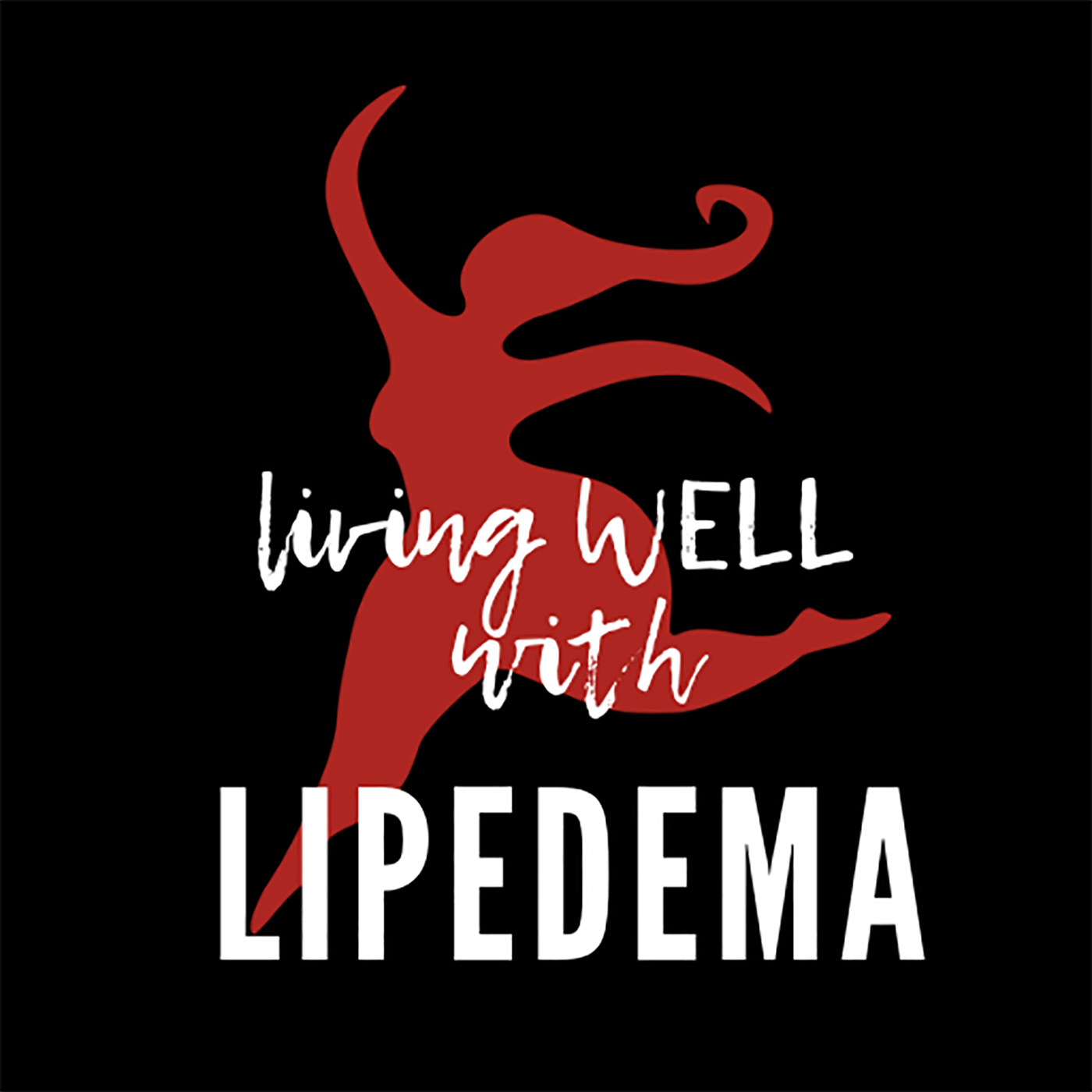Unlocking the Potential: Conquering Lipedema with Selenium's Support
The article titled "Selenium Deficiency in Lymphedema and Lipedema—A Retrospective Cross-Sectional Study from a Specialized Clinic," published in the medical journal Nutrients in April 2020, aimed to investigate the prevalence of selenium deficiency in patients with primary or secondary lymphedema, lipedema, or lipo-lymphedema. It also explored the potential influence of obesity on selenium levels in this group.
The study is significant for women with lipedema because it revealed a noteworthy occurrence of selenium deficiency associated with the condition, even though it does not appear to worsen with disease progression. Moreover, there might be potential benefits from selenium supplementation, especially when dealing with lipo-lymphedema.
Interestingly, foods like pork, beef, turkey, chicken, fish, shellfish, and eggs are rich sources of selenium and can be included in a ketogenic diet.
If considering selenium supplementation, it's crucial to consult a physician first to determine if you have a selenium deficiency and to ensure safe and appropriate supplementation.


